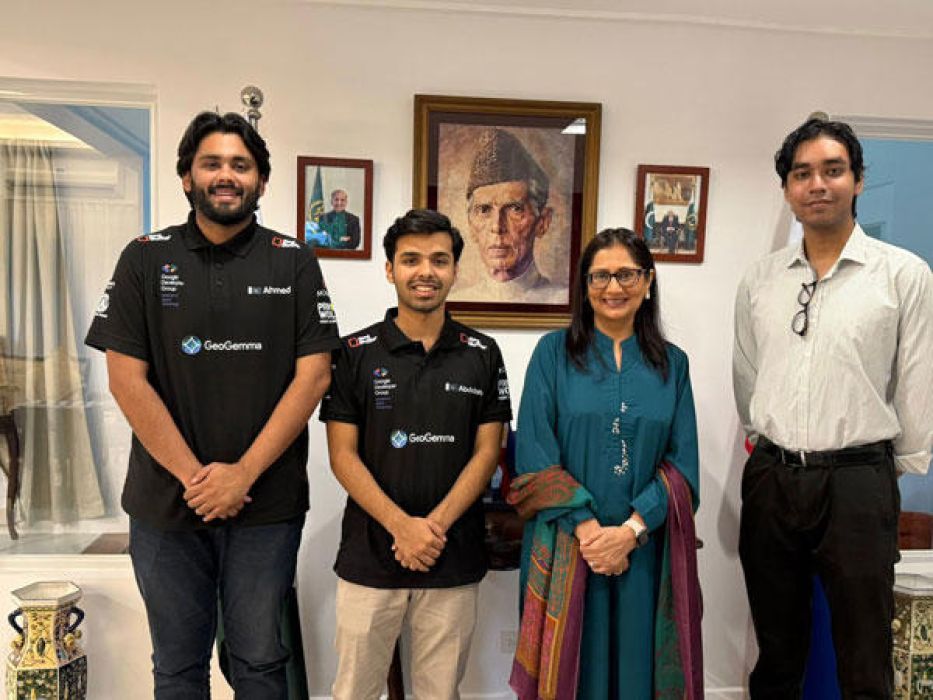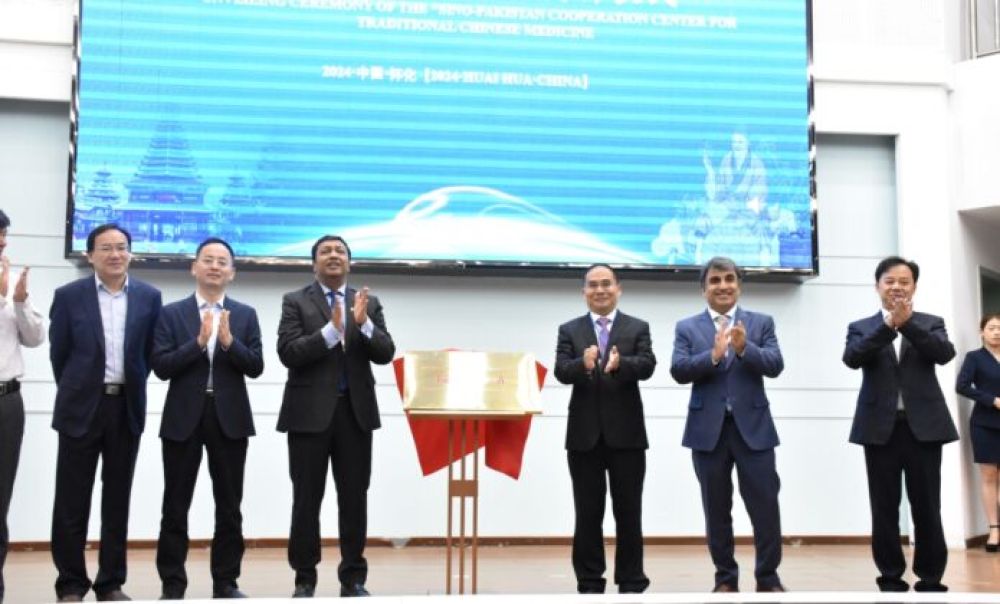138/25 Pakistan's Skills Revolution: TVET Enrolments Signal a Brighter Future
Posted 7 months ago
In a quiet but powerful transformation, Pakistan's Technical and Vocational Education and Training (TVET) sector is experiencing a remarkable surge. The June 2025 TVETOmeter report reveals that over 317,000 young Pakistanis enrolled in technical and vocational programs across the country last year, a bold indicator that Pakistan's youth are seeking practical, future-proof skills over traditional academic routes.
📊 The Numbers Speak Loud and Clear
This isn't just a spike; it's a movement. A total of 184,679 males and 132,452 females enrolled in TVET institutions across Pakistan. From tech-forward courses like SEO, IT Assistance, and Computer Applications to essential trades like Electrical Technology and Beautician Training, these numbers reflect a generation that wants to work, build, and innovate.
What's even more promising? The gender dynamics. Fields once considered male-dominated like Electrical Technology and General Electrician, now show female participation, signaling a slow but sure erosion of stereotypes.
🏙️ Urban Hubs Take the Lead - For Now
The top ten districts in terms of enrolments, including Lahore, Rawalpindi, Faisalabad, Multan, and Karachi, highlight urban Pakistan's growing appetite for skills-based education. Lahore alone had over 16,000 enrollees, showing its dominance in technical education infrastructure.
But this isn't just a city story. Areas like Muzaffarabad and Bahawalpur are climbing the ranks, proving that the demand for skills is trickling into less-industrialized regions. However, rural and remote areas especially in Balochistan, FATA, and Gilgit-Baltistan still lag, hinting at infrastructure gaps and the need for targeted investment.
💼 Training to Employment: The Pipeline
Out of the 317,000 enrolled, 194,088 have graduated, while over 123,000 remain in training. These figures aren't just statistics, they're potential workers, entrepreneurs, and job creators entering Pakistan's economy. If managed well, this workforce could redefine productivity and innovation across sectors.
The National Vocational Qualifications Framework (NVQF) levels further illustrate the growing diversity of skill sets. While Level 2 programs had the highest enrolments (over 141,000 across both genders), even advanced Level 5 programs saw nearly 32,500 male and 975 female participants, a sign that higher-level technical expertise is gaining traction.
👩💼 Women on the Move
One of the most inspiring takeaways is the rising participation of women. Despite historical limitations, female enrollments are catching up, particularly in fields such as dressmaking, beauty courses, and computer applications. In districts like Islamabad and Muzaffarabad, female enrolments are matching or even outpacing their male counterparts, a quiet revolution that could change household economies and community development trajectories.
📌 A Roadmap for the Future
The message from the TVETOmeter is crystal clear: Pakistan's youth are ready to skill up. But the ball is now in the court of policymakers, private sector players, and education leaders. The path forward demands:
- Investments in rural TVET infrastructure
- Scholarships and incentives for female learners
- Private-public partnerships to ensure employability after training
- Digital curriculum upgrades for tech-relevant skills
🔗 Skills Are the New Currency in Job Markets
In an era where degrees alone no longer guarantee jobs, Pakistan's shift to technical and vocational training may be its most strategic move yet. As the country seeks to tackle youth unemployment, gender inequality, and industrial growth, the TVET sector could well be the engine driving inclusive progress.





